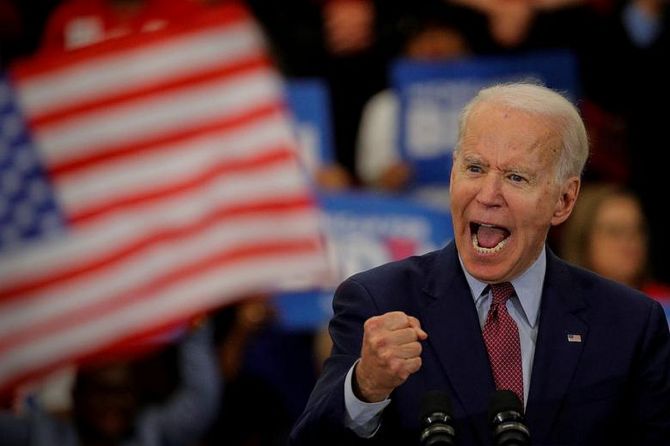India will have to show more willingness to import, and since Biden will not encourage sale of oil and gas to bridge the gap, it means there has to be more meaningful duty reduction in other areas even if Delhi baulks at a Free Trade Agreement so soon after walking out of RCEP.

One of the first India-related issues that Treasury Secretary elect Janet Yellen will have to decide on is exchange rates.
Can the Reserve Bank of India (RBI) continue to tamp down on rupee’s appreciation when the US Treasury has in December this year added India to the watchlist of countries being monitored for currency manipulation?
The RBI cannot stop the huge foreign exchange inflows, which make it both heavily buy US treasury papers and also forces it to be aggressive in the exchange market.
By US Treasury rules, both actions mean a long stay for India on the watchlist.
India will gripe that much of this can be corrected if the US Fed agrees to a currency swap arrangement with the RBI.
Former RBI governor Urjit Patel had berated the US Fed about the absence of such a swap.
With more than 17 years of experience within the US government, including as chairman of the Federal Reserve, Yellen knows better than any of her recent predecessors how this can be achieved.
Her extensive understanding of the dynamics of employment issues, particularly salient for a developing country like India, gives her a perspective that the Wall Street bankers of recent years who became Treasury Secretary had no clue about.
Her position will also be crucial on international trade, another area that Yellen understands better than any of Biden’s cabinet.
At a time when India has walked out of the Regional Comprehensive Economic Partnership (RCEP), risking global recovery in arguably the most difficult period the world economy is facing, Yellen’s advice will be substantial to decide if the new US Trade Representative Katherine Tai will keep the trade talks with India prickly or be nuanced about the differences.
US Trade Representative
Katherine Tai is not a public name, but neither was Robert Lighthizer in the Trump cabinet as the US trade representative (USTR).
In the US government’s scheme of things, the department of commerce and the USTR play a good-cop-bad-cop role on trade issues with other nations.
Usually the bad news comes from the USTR, as it did for India.
The good news for India is that Tai has “an unusually strong record as trade lawyer and congressional trade staffer of handling China”, as a commentator put it.
She speaks fluent Mandarin and has worked in China for six years.
She was in the US trade team that imposed sanctions against China over its use of forced labour in Xinjiang province. She defended US actions in trade cases against China at the WTO.
The extent to which Biden will be able to be prickly with Beijing will depend on her arguments, more so as the list of probables for commerce secretary as of now include no one with any deep knowledge of this turf.
To the extent Tai plays hard against China, issues from India could potentially get a softer treatment. But already one of the clauses in the currency manipulator list that India has got into (with China, Germany and South Korea) points to the trade surplus New Delhi is running with USA — above $20 billion, which limits Tai’s choices.
India will have to show more willingness to import, and since Biden will not encourage sale of oil and gas to bridge the gap, it means there has to be more meaningful duty reduction in other areas even if Delhi baulks at a Free Trade Agreement so soon after walking out of RCEP.
Photograph: Brendan McDermid/Reuters












 © 2025
© 2025